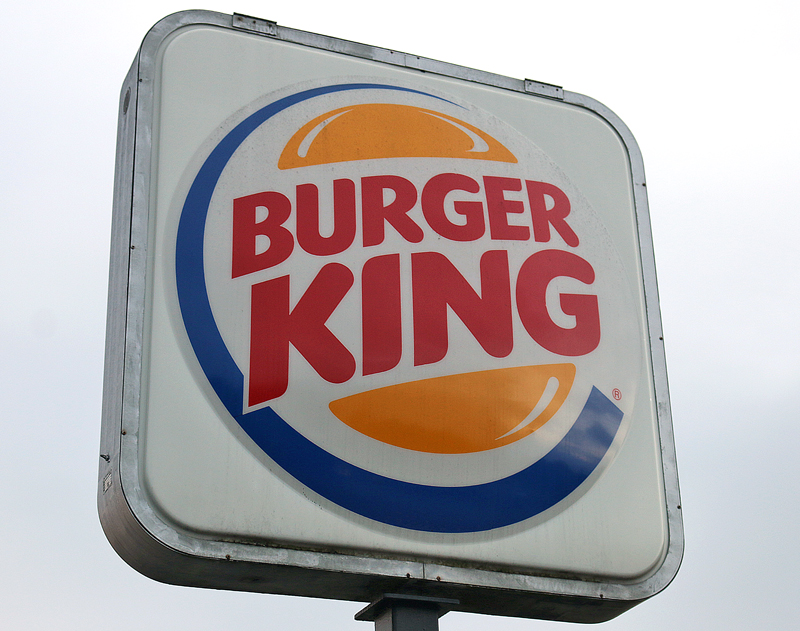Class action lawsuits affect all industries — including airlines, the receiving of calls as the result of telemarketing of cruise companies, and other aspects of travel. They are usually formed when a person believes that he or she has been wronged by a company; and attorneys find that other consumers underwent a similar experience. In a class action lawsuit, one of the parties is a group of people who are represented collectively by a member of that group…
Are Claims in Class Action Lawsuits Unethical If Claimant Suffered No Damages?
…but what happens more often than not when the defendant — which is typically a large multinational corporation — agrees to settle the class action lawsuit, the group of people are usually awarded minimal compensation. The defendant may settle despite not admitting to any wrongdoing, as legal challenges can be costly — even if the defendant did nothing wrong — and are usually less expensive to simply settle…
…and although that compensation may be in the form of a coupon worth a few dollars or a cheap replacement part, that could still potentially cost the defendant millions of dollars.
This is where the question of ethics comes in: if someone decides to participate in claiming compensation from the settlement of a lawsuit despite not having suffered any damages, is that action unethical?
For numerous class action lawsuits, that conundrum is not an issue, as proof of damages may be required — but plenty of class action lawsuits simply rely on the good faith of people abiding by the honor system.
A Whopper of a Story

On Thursday, July 27, 2017, I personally tested the claim of Koleta Anderson, who used a coupon at three different Burger King restaurants — one each in Virginia, Maryland and the District of Columbia — on three different days to purchase one Croissan’wich and get another for free. The alleged result was that she paid up to $3.51 more for the Croissan’wich with the coupon than when she bought one without the coupon — but the Croissan’wich purchased with the coupon was never the same price as the one purchased without the coupon…
…but the only result I experienced was that a Whopper sandwich increased in price — which, of course, Burger King is entitled to do — as well as consume two substandard sandwiches which I would have rather not eaten. I had not experienced any inexplicable discrepancy in price.
The class action lawsuit was settled a few months later. “Burger King customers who bought Croissan’wiches using a buy one, get one free coupon could get $5 in cash or a $2 gift card from a recent class action settlement”, according to this article written by Paul Tassin for Top Class Actions. “Class members who submit receipts that show they made a qualifying Croissan’wich purchase using a buy one, get one free coupon can receive a $5 payment for each qualifying receipt. Class Members who do not provide qualifying receipts can receive a single $2 Burger King gift card.”
The deadline for filing a claim has since expired back in January of this year; but anyone without proof of damages could theoretically have filed a claim and received a gift card worth two dollars for use at a Burger King restaurant.
Not On the “Up & Up”
“If you bought Up & Up Flushable Wipes between April 18, 2010 and October 31, 2014 you can fill out the short claim above to get up to a $27 Target Gift card or 20 packs of wipes”, according to this article written by JJ Eleff of Dan’s Deals pertaining to a more recent class action settlement whose deadline for claims of damages is Friday, September 7, 2018.
Although you do not need to prove that you purchased the wipes during the eligible period of time, you do need to certify that you have indeed bought them…
…but who is going to spend the time, money and effort to disprove your certification for compensation in the form of a gift card worth a mere $1.35 — or even if what Daniel Eleff and JJ Eleff would likely call a chazer who decides to go for as much as he or she can get out of this settlement without proof of damages?
Summary
Those who flout what could be considered the boundaries of ethical behavior can easily justify claiming compensation without experiencing damages by pointing out the perceived significantly disproportionate compensation which attorneys who handle the class action lawsuit for plaintiffs receive — but even if that was definitively and undeniably true, do two wrongs become a right?
One can also justify that a coupon or gift card could potentially mean an extra customer or purchase which otherwise might not have been realized. After all, how many people will go out of their way to head over to a Burger King and eat Croissan’wiches without ordering a drink or side menu item? The consumption of time, effort and gasoline already renders a gift card valued at two dollars not worth the trouble.
Regardless, many people would argue that the aforementioned justifications are still no excuse for claiming something with which the claimant was never entitled — that could include people who use corporate codes for significant discounts when they are not eligible to do so and people who knowingly take advantage of mistake fares — and that is the conundrum of the ethical question posed for this article.
If enough claimants who suffered no damages collect compensation anyway via numerous class action lawsuits, could that eventually contribute to the elimination of the ability of people who actually did suffer damages — but have no proof — to claim compensation in future class action lawsuits?
All photographs ©2017 by Brian Cohen.

